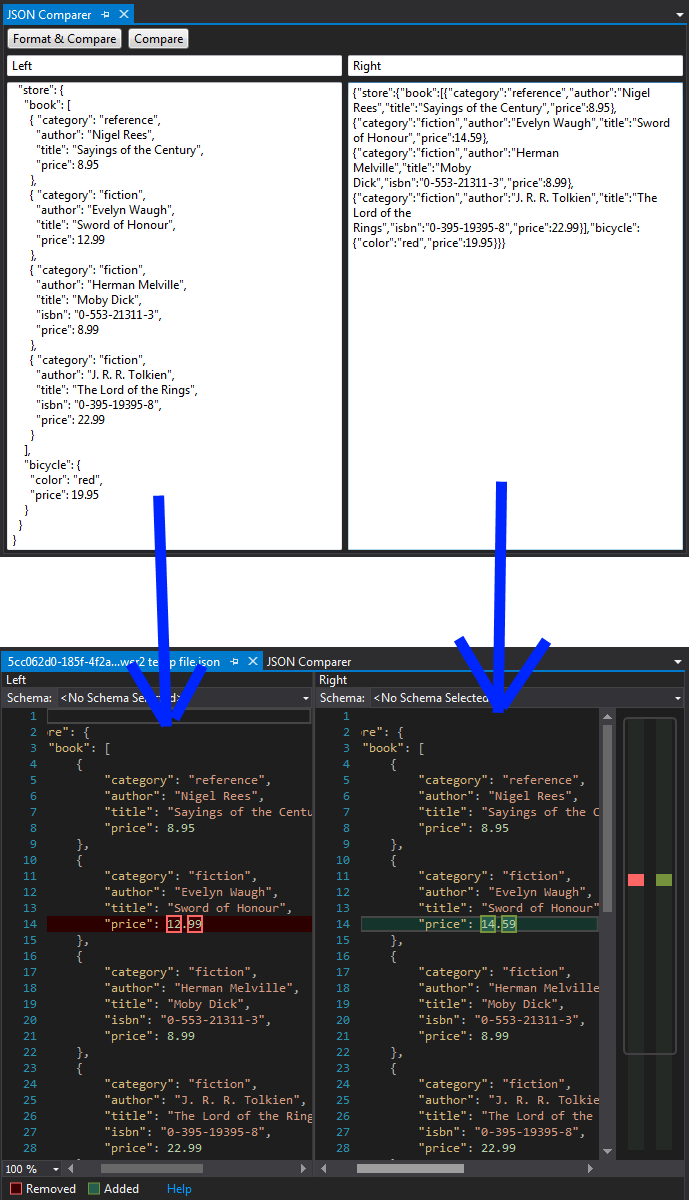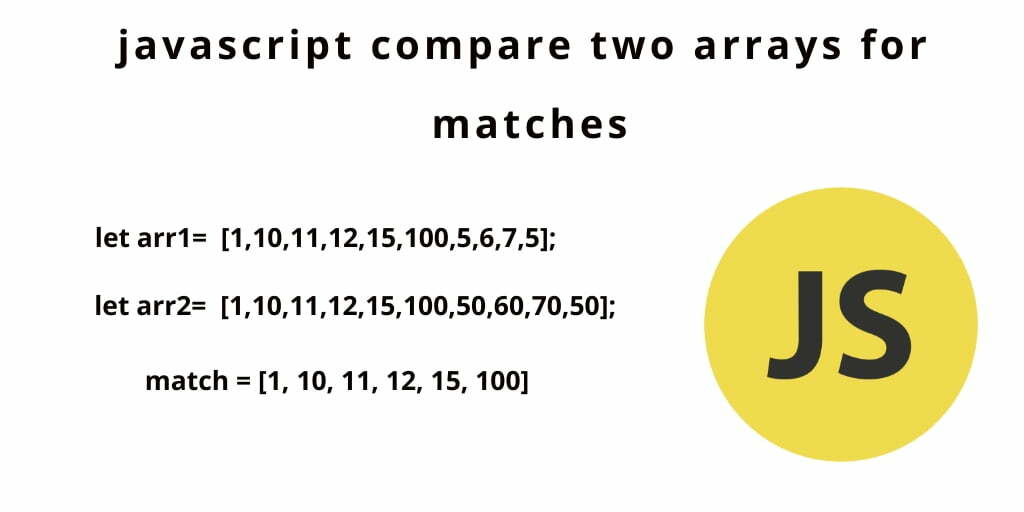

This approach can take advantage of Azure Cosmos DB's index for fast query performance.įor example, the following snippet stores an Order object containing two DateTime properties - ShipDate and OrderDate as a document using the.The dates as stored in JSON are human readable.
JSON COMPARE DATES CODE
JSON COMPARE DATES ISO
In Azure Cosmos DB, the GetCurrentDateTime system function will return the current UTC date and time ISO 8601 string value in the format: yyyy-MM-ddTHH:mm:ss.fffffffZ. Range queries with DateTime strings as filters are only supported if the DateTime strings are all in UTC. Big thanks owed to the team behind JSONLint. See the differences between the objects instead of just the new lines and mixed up properties. The semantic JSON compare tool Validate, format, and compare two JSON documents. To convert a local DateTime to UTC, the offset must be known/stored as a property in the JSON and the client can use the offset to compute the UTC DateTime value. The semantic JSON compare tool Validate, format, and compare two JSON documents. If non-UTC dates are stored, the logic must be handled at the client-side. Converting the date strings to this format will allow sorting dates lexicographically. It is recommended to store all dates in Azure Cosmos DB as UTC. The recommended format for DateTime strings in Azure Cosmos DB is yyyy-MM-ddTHH:mm:ss.fffffffZ which follows the ISO 8601 UTC standard. So, you need to store DateTimes as strings. Currently, Azure Cosmos DB doesn't support localization of dates. It does not directly support a DateTime type. Storing DateTimesĪzure Cosmos DB supports JSON types such as - string, number, boolean, null, array, object. This article describes how developers can store, retrieve, and query dates in Azure Cosmos DB using the. In addition to the basic types, many applications need the DateTime type to represent dates and timestamps. However, JSON is flexible and allow developers and frameworks to represent more complex types using these primitives and composing them as objects or arrays. As a requirement for being portable, JSON (and Azure Cosmos DB) supports only a small set of basic types: String, Number, Boolean, Array, Object, and Null. All Azure Cosmos DB resources including databases, containers, documents, and stored procedures are modeled and stored as JSON documents.

Azure Cosmos DB delivers schema flexibility and rich indexing via a native JSON data model.


 0 kommentar(er)
0 kommentar(er)
